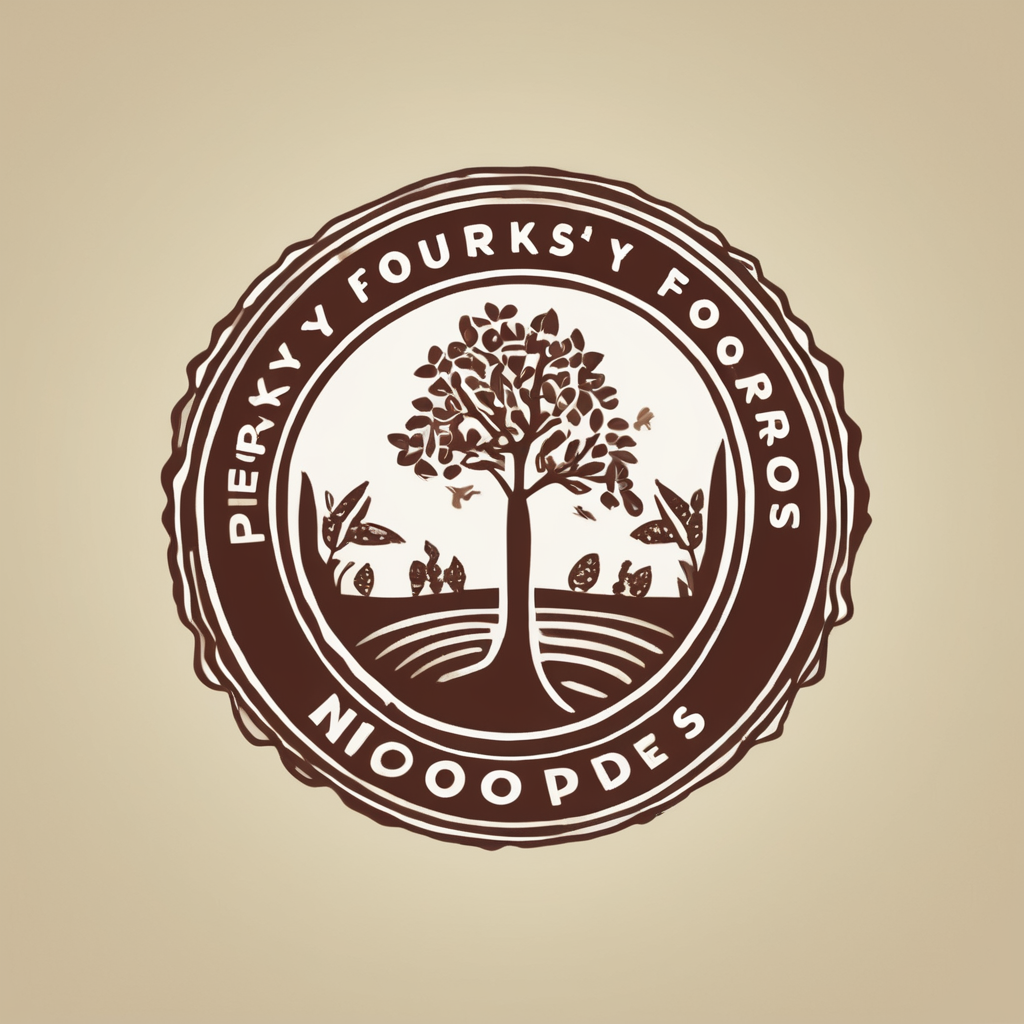Immediate impact of AI on UK kitchen design
The rise of AI in kitchen design UK is reshaping how British homes approach modern kitchens. AI integration allows for smarter, more intuitive kitchens that adapt to user habits. This new wave of smart kitchen technology includes voice-activated appliances and systems that monitor inventory or suggest recipes based on available ingredients. These technologies lead to more personalised, efficient spaces that reflect contemporary lifestyles.
Current trends show a clear move towards connected devices that communicate across platforms, creating seamless kitchen experiences. For example, smart fridges with AI can notify users when food items expire or automatically reorder staples, reducing waste. Early adopters in the UK market highlight increased convenience and energy savings as immediate benefits.
Additional reading : How is energy efficiency being prioritized in UK kitchen designs?
Personalised solutions powered by AI are becoming mainstream, enabling tailored layouts and storage options designed to meet individual needs. The initial challenges of integration are outweighed by improvements in functionality and home value. Overall, AI’s immediate impact is making UK kitchens smarter, more user-friendly, and aligned with cutting-edge smart kitchen technology trends.
Predicted transformations in kitchen aesthetics and functionality
Forecasts for AI-driven design trends predict significant shifts in UK kitchens’ look and feel. Artificial Intelligence is expected to influence layout optimisation, helping designers create spaces that are not only visually appealing but highly functional. Current trends suggest a move towards fluid, adaptive zones that serve multiple purposes—like cook, dining, and storage areas blending seamlessly. Colour palettes and material choices will become more personalised as AI analyses user preferences and lifestyle data to recommend finishes that balance style with durability.
In the same genre : How Has the Evolution of Kitchen Appliances Impacted UK Culinary Practices?
Future kitchen concepts highlight modularity and flexibility. For example, adjustable countertops and smart storage adapt to changing household needs. Experts forecast that within the next five years, UK kitchen innovation will prioritise spaces that respond in real-time to user activities, powered by evolving smart kitchen technology.
These predicted transformations rely heavily on consumer data and behaviour patterns analysed through advanced AI tools. This enables design choices that optimise both aesthetics and practical use. British homeowners can expect kitchens that are not only smarter but genuinely tailored to their evolving lifestyles, combining beauty with unprecedented functionality.
Immediate impact of AI on UK kitchen design
AI integration is rapidly transforming British kitchens by enhancing efficiency and usability. The incorporation of smart kitchen technology enables devices such as AI-powered ovens, fridges, and lighting systems to interact intelligently, creating more responsive environments. These innovations reflect current trends emphasizing automation and convenience, where kitchens become adaptive hubs tailored to daily routines.
In the UK, early adopters report tangible benefits including time saved through automated cooking presets and improved inventory management via AI sensors that monitor ingredient levels. Additionally, AI in kitchen design UK supports customised layouts based on user behaviour data, improving space utilisation and accessibility. This personalised approach allows homeowners to maximise both functionality and aesthetic appeal.
Smart appliances offer more than convenience; they contribute to energy efficiency by optimising usage patterns. For example, AI-controlled lighting adjusts to natural light availability, reducing electricity consumption. Such advancements underscore the immediate impact of smart kitchen technology in promoting sustainable living while enhancing user experience.
Case studies from UK markets reveal that embracing AI not only elevates kitchen performance but also boosts property value. These initial integrations firmly establish AI as a pivotal force in modernising kitchen design throughout the UK.
Immediate impact of AI on UK kitchen design
The integration of AI in kitchen design UK is revolutionising contemporary British kitchens through smarter, more responsive environments. Smart kitchen technology now enables devices to communicate and anticipate user needs, streamlining everyday tasks like cooking and inventory management. For example, AI-powered fridges track ingredients, while ovens adjust cooking times automatically, reflecting current trends towards automation and convenience.
Personalised solutions play a key role, as AI analyses user habits to create custom layouts that optimise space and accessibility. This tailored approach enhances kitchen functionality and improves the overall user experience by adapting to unique routines.
Early adopter case studies in the UK market reveal these innovations deliver tangible benefits. Users report improved efficiency, reduced food waste, and energy savings—thanks to AI-driven optimisations in lighting and appliance usage. Beyond practicality, these advancements contribute to higher property values and modern aesthetics, illustrating how smart kitchen technology is shaping the future of British homes with sophistication and functionality.
Immediate impact of AI on UK kitchen design
AI integration is fundamentally reshaping contemporary British kitchens by embedding smart kitchen technology that enhances both functionality and user experience. Devices such as AI-powered ovens, refrigerators, and lighting systems communicate seamlessly to automate routine tasks. For instance, smart fridges monitor pantry inventory and expiry dates, notifying users or prompting reorders, while ovens dynamically adjust cooking settings based on recipes or user preferences.
Personalised solutions are central to these advances. AI analyses individual cooking habits and spatial usage to recommend optimized kitchen layouts, ensuring practical use of available space. This approach aligns with current trends emphasizing customization and adaptability in design.
Early adopters in the UK report notable improvements, including time savings via automated processes, energy efficiency through intelligent appliance scheduling, and reduced food waste driven by predictive inventory management. Case studies demonstrate these benefits while highlighting increased property values linked to AI-enhanced kitchens.
By integrating such technologies, AI in kitchen design UK establishes smarter, more efficient kitchens that respond intuitively to users’ needs, reflecting a clear trajectory toward fully connected and adaptive home environments.

